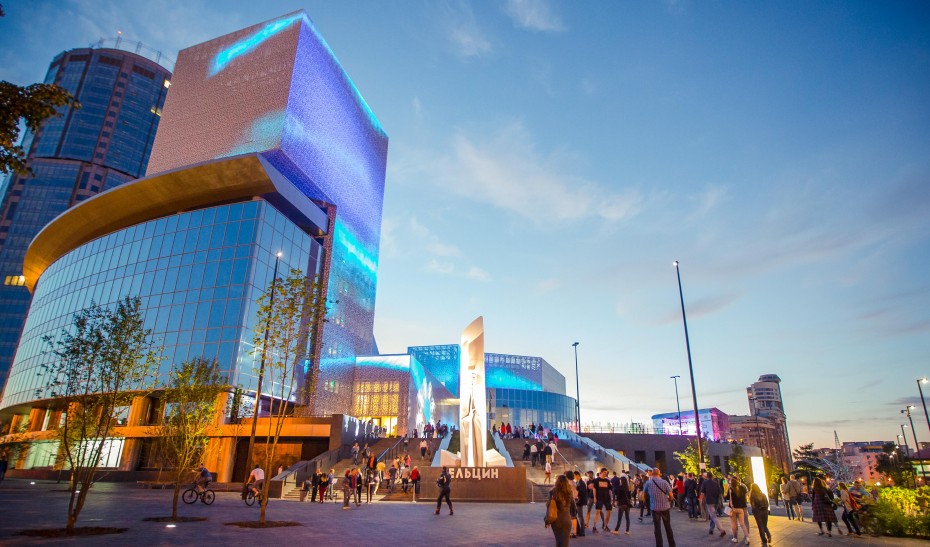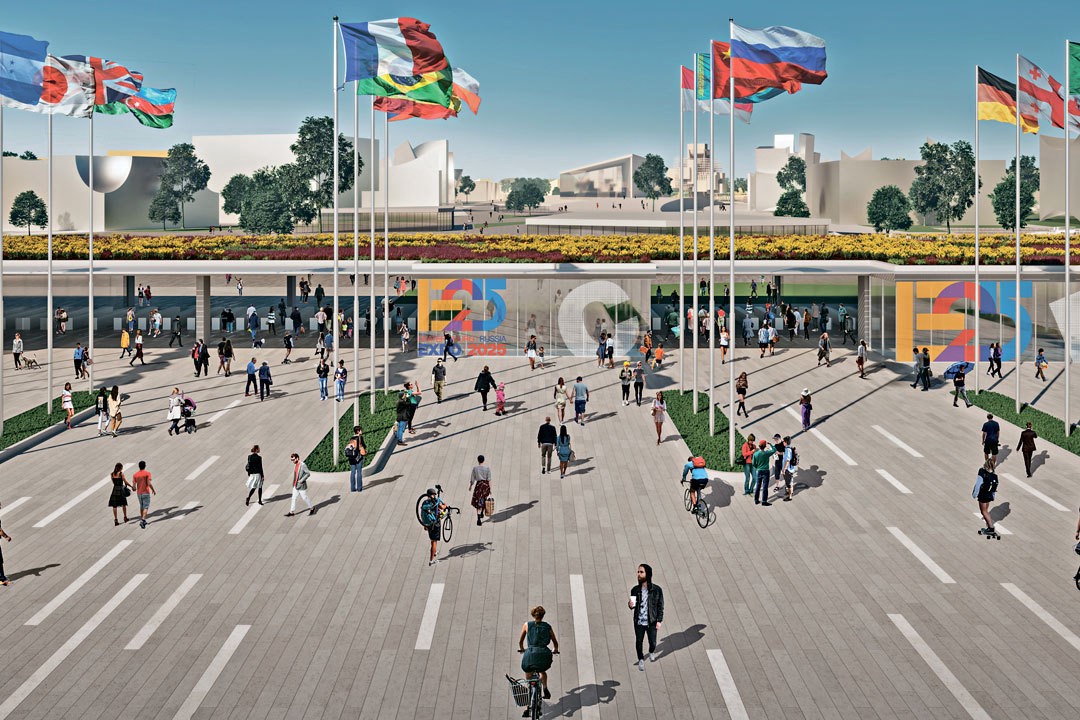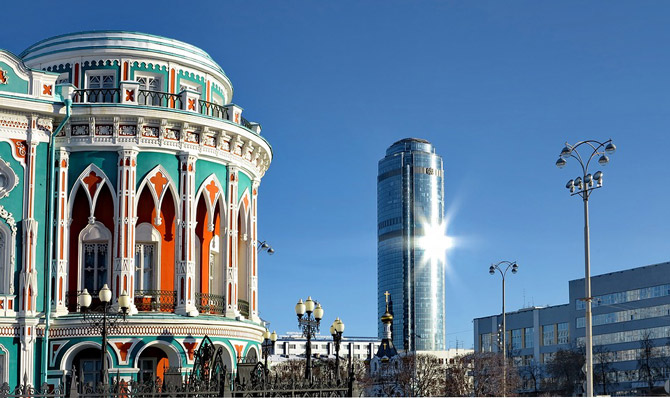
In less than 50 days the EXPO-2025 Committee will name the Planet’s Exhibition host city. Among the final candidates are Russia’s Ekaterinburg, Azerbaijan’s Baku and Japan’s Osaka. While demonstration concepts of Baku and Osaka are designed to present the city innovations, the exposition of Ekaterinburg will show the best solutions and technologies of Russia as a whole.
Why does Russia need EXPO?
The choice of Russia’s candidate city Ekaterinburg is truly deliberate. Located on the crossroads of Europe and Asia, Ekaterinburg is seen as a geographical center of Russia. As Russia’s political and economic compass is set to the East, hosting the planet’s exhibition in Ekaterinburg will help Moscow strengthen its economic and trade ties with China, Japan and other global economies in the East. Moreover, Russia’s officials say they are going to keep the exposition after the Expo is over and turn Ekaterinburg into a global museum that will attract thousands of tourists. Some experts believe that Ekaterinburg has higher chances to win the Planet’s Expo as it recently showed its capacity and excellent organization to host global events during the World Cup. Due to the city’s compact and convenient infrastructure, Ekaterinburg was able to receive up to 40K tourists a day during the FIFA WC-2018.
City 4.0
The EXPO venue will host the Ural Engineering School, e.g. the innovations booths for scientific research and investigation in math, physics, biology and other sciences. “The concept of such booths is attractive both for experienced scientists and small children who are in search of their vocation”, said Ivan Burtnik, the head of the project office of the EXPO-2025 Committee. “There are 17 million people in the world today who live in contaminated areas, 2.4 million do not have access to drinking water, 800 million live in poverty and another 360 million are children who will never have chance to go to school. We must think of it and focus on decreasing these terrific numbers. Today’s global challenge is to keep pace with the industrial development and creating a new formation urban infrastructure, the cities where everyone is healthy and happy. And Ekaterinburg is going to be such model city that will continue its development and growth the World Exhibition”, he added.






